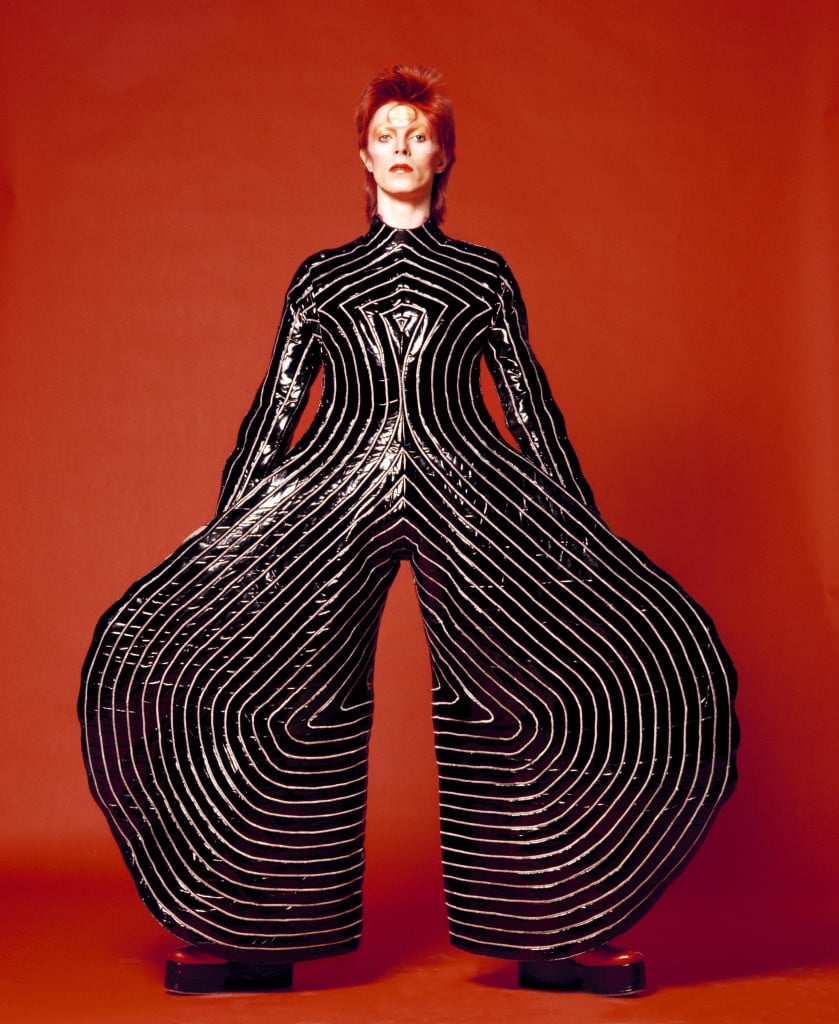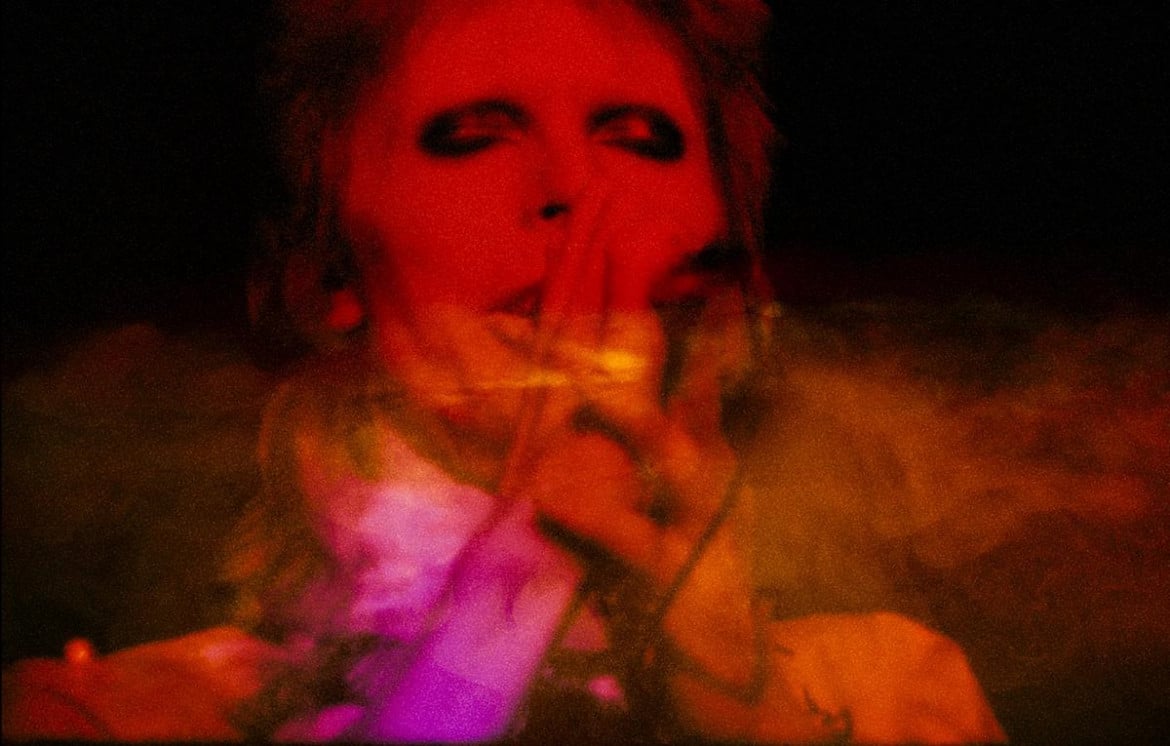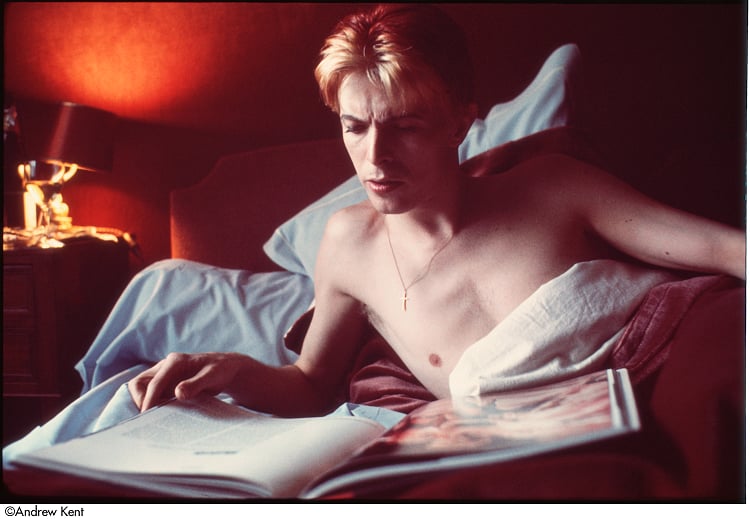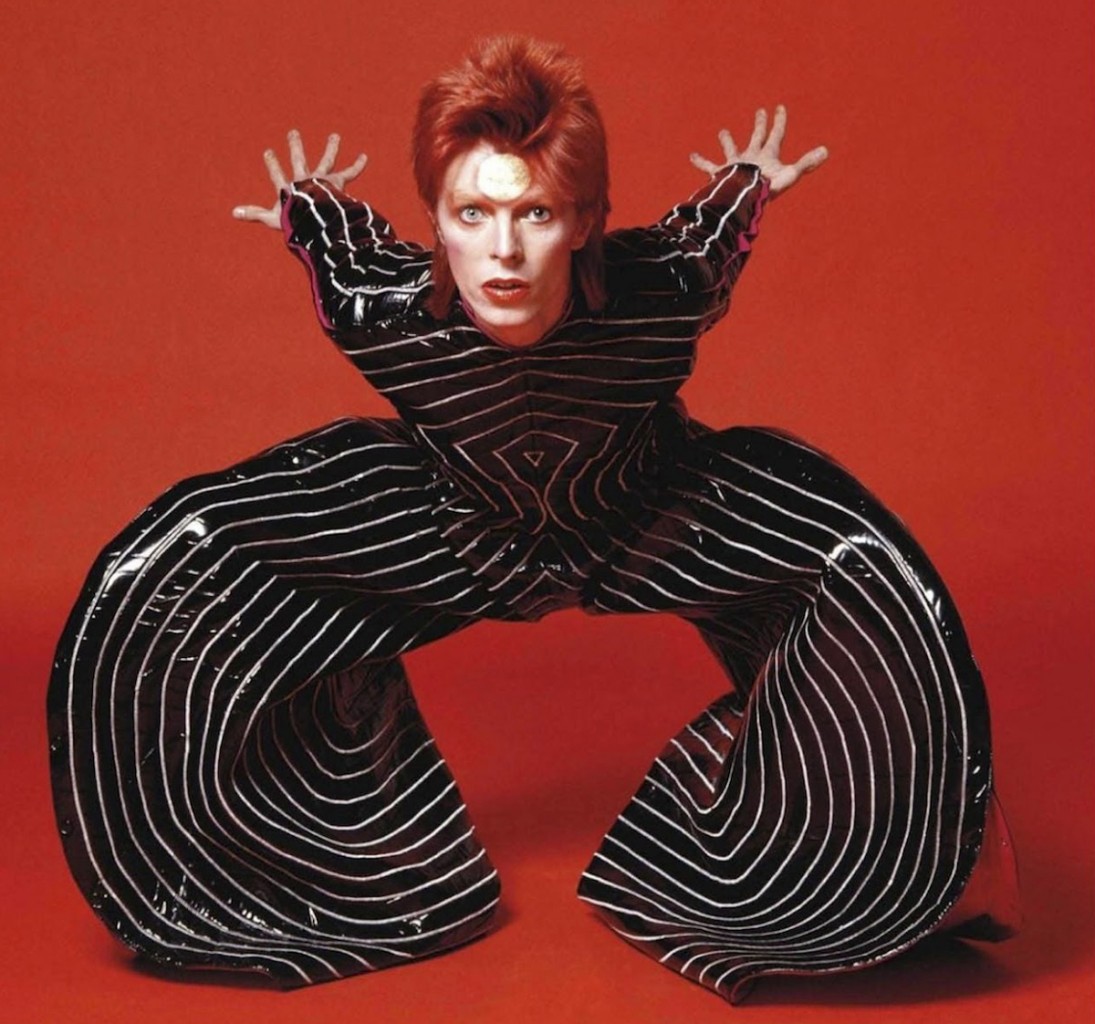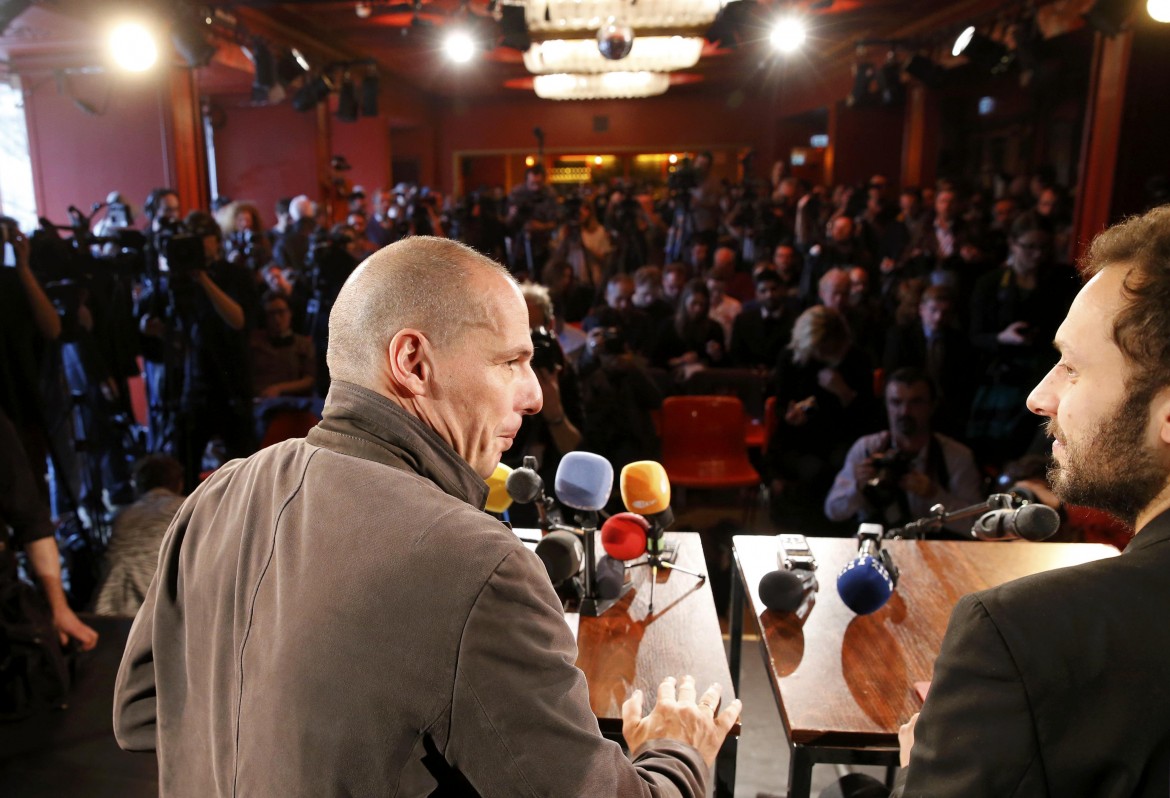It was the joke no one expected, yet another coup de théâtre by David Bowie. His most dramatic. Bowie exited the stage just two days after releasing, on his 69th birthday, a new album, Blackstar. Now we know that Bowie had been fighting a tumor for 18 months, but the news hadn’t leaked. It did seem strange, though, knowing Bowie, that all the statements and comments related to the release were coming from Tony Visconti, a friend, producer and fellow musician who helped create the album Space Oddity in 1969.
“He always did what he wanted to do,” Visconti wrote. “And he wanted to do it his way and he wanted to do it the best way. His death was no different from his life — a work of Art. He made Blackstar for us, his parting gift.”
There isn’t just one Bowie, but a thousand Bowies to mourn. There is the glam Bowie of Ziggy Stardust or Diamond Dogs, the disco Bowie of Young Americans and Station to Station, the ice age of the infamous Berlin trilogy (Low, “Heroes”, Lodger), the dancing Bowie of Let’s Dance or Tonight. His genius was his uncontrollably changing self-representation, constantly cannibalizing itself to create new turmoil, insight and vision.
That game went on for years, until the dawn of the millennium and the great artistic crash. Bowie — who had already struggled through the ‘90s to find his place in the shifting artistic currents — almost left the scene. For a musician, timing is crucial. Like the Rolling Stones, who unveiled African-American blues to white audiences, or The Beatles, who showed love for soul and girl-group sounds — turning both bands into producers of culture — so Bowie was always in the right place at the right time.
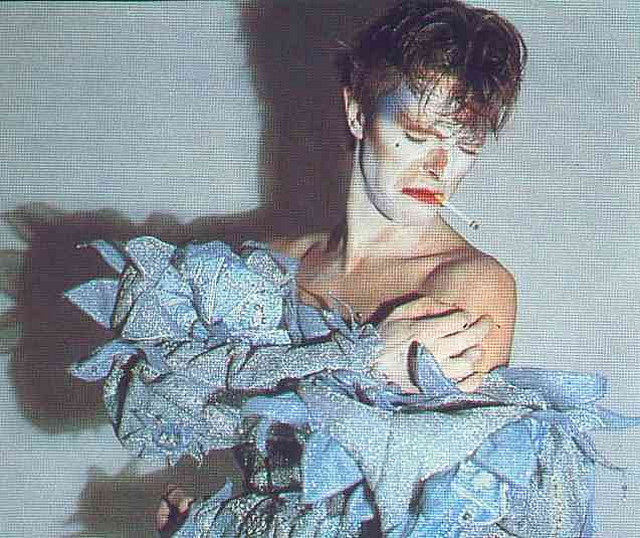
When the Bowie machine left this world, it took place amid a historic transition he expected but could not stop: the rise of the network. Now everyone, everywhere, at all times has become a little Bowie, at the center — or almost — of everything. The artist folds in on himself and loses the catalyst aura, which for years had characterized Bowie.
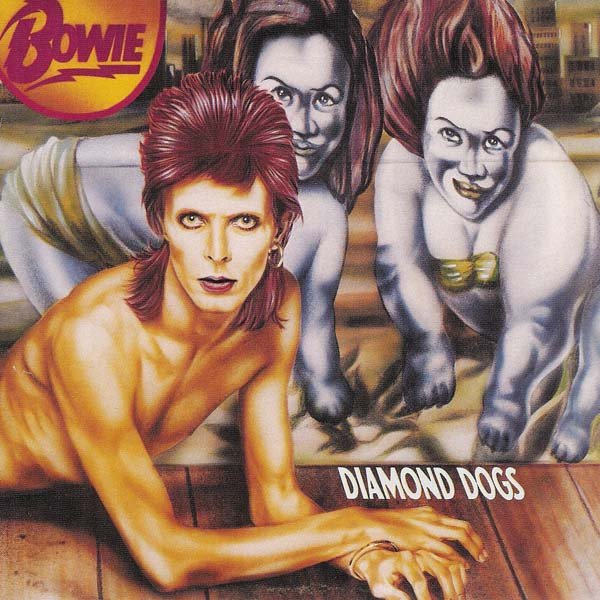
In combatting the future, Bowie’s final strike was to predict his own artistic weakening. He stepped into the shadows, which to him was the abyss. What he’d already accomplished, however, has changed the lives of entire generations.
In 1974, he released the single “Rebel Rebel,” and it was another epochal event. He sang: “You’ve got your mother in a whirl. She’s not sure if you’re a boy or a girl.” Even this was a first for rock: himself, the characteristically androgynous artist, in a song blending identity and gender, merging images through which male and female adolescents — as sociologist Dick Bebdige pointed out years ago — transition from childhood to maturity and therefore the world of work. Culturally, it had enormous sexual and social implications.
https://youtu.be/D67kmFzSh_o
Bowie therefore appeared the perfect antidote to the older generation. It had already happened with rock ‘n’ roll in which adverbs like “forever” abounded in songs, suggesting the desires of adolescents. But this time sex was in the open — and 1974 is not 2016. Even though in recent years Bowie was not very prolific (partly for health reasons), it was still important to know he was still working, recording his mutations and imaginings. He still is with Blackstar. And no can ever take it away, not even his last joke, the most brutal.
–> Originally published in Italian at il manifesto on Jan. 12, 2015
https://youtu.be/CMThz7eQ6K0


